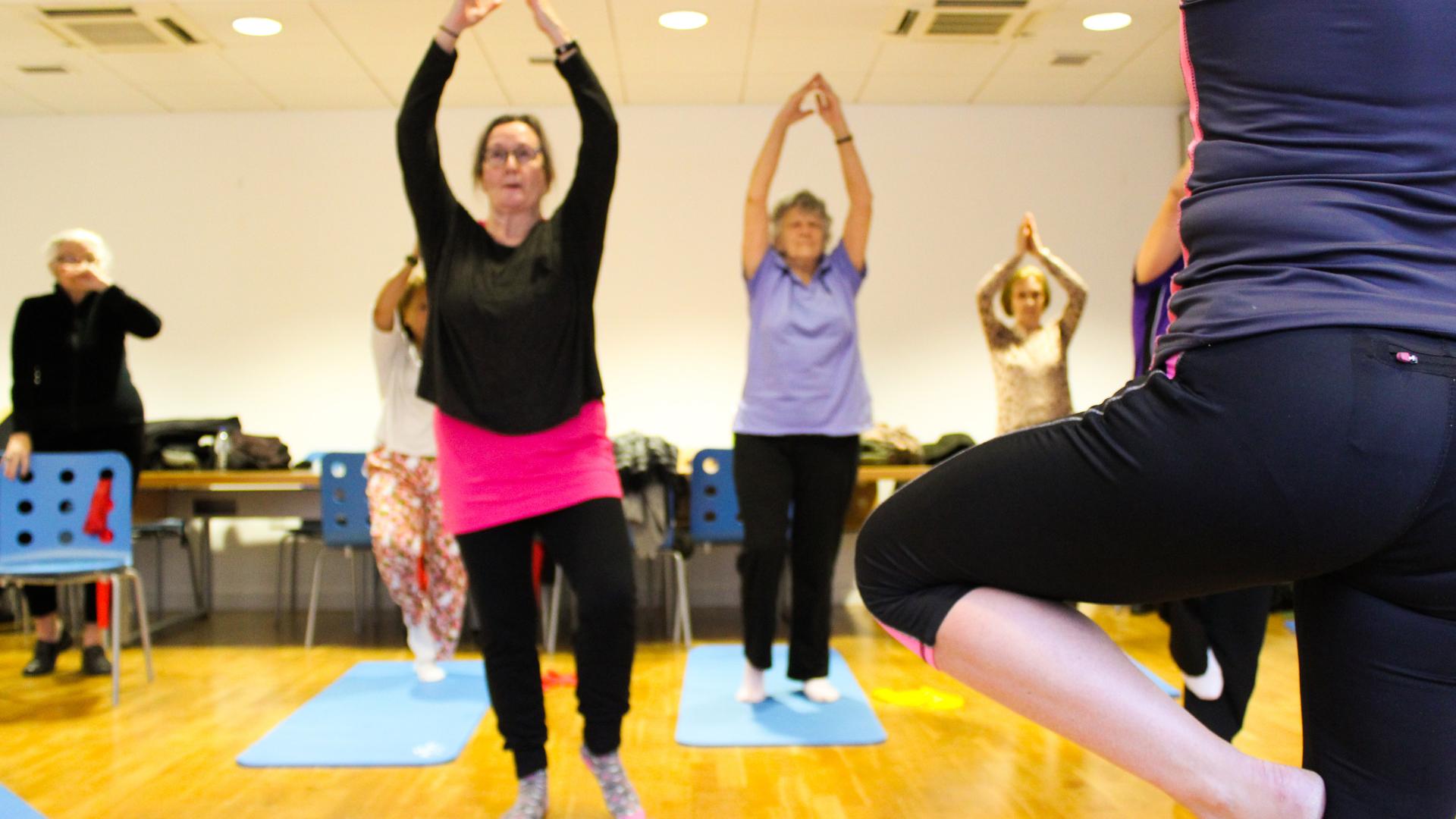Time goes for everyone even if nobody wants to remember about it. Having more years means having more experiences and beautiful memories. Old age can be beautiful, but it isn’t the same for everyone. Each person is unique during this last part of life. Therefore, it’s important to point out the differences between active ageing and passive ageing.
These differences go far beyond little physical problems. You can also see them, for example, in emotions. The fact is that the activity level a person holds through life has a great impact on all the conditions associated with their state of well-being. Continue reading to find out why active ageing is so important to your well-being!
Nowadays people live longer
Over the past few centuries, we have significantly improved our hygiene and body care. We have more knowledge about diseases and also how to treat them. Safety has been tried in various areas of life. All this implies an obvious result: there are more and more people who live longer. However, it not only affects the improvement of our physical health, but it also helps to improve our mental health.
Although the psychological condition of a person has been traditionally referred to in the background, it began to change by placing the physical aspect in the foreground. This is so much the case that it has become a fundamental factor in the studies being conducted on ageing.
Our daily activities have a long term relationship with our overall health and ageing. What does this emphasize? Importance of active ageing for our quality of life.
What is active ageing?
Active ageing means that older people participate in social life. It means that they look for and discover new experiences that enhance their learning and fun results. It also involves individual development, self-realization and well-being over the years. For that, the person’s age, physical health, psychological health and cognitive efficiency must be taken into account as well as person’s place in society, productivity, self-control and life satisfaction at the general level.
What promotes active ageing?
Our behaviour, thinking and feeling affect our health, our social participation and our safety in old age. In fact, these elements play a role in the fact that we have an active old age. As a result, our lifestyle will be important for our health.
Eg. The frequency that we perform intellectual exercises can be a protective factor for our mental health. For that, it is recommended to perform activities such as crossword puzzles, sudoku or chess to avoid cognitive deterioration that may be associated with dementia. But apart from the stimulation and training of memory, attention or concentration, other elements must be considered.
Active ageing, also includes that the person feels competent in their daily life in the most intense way. Being able to maintain control over one’s life or health conditions will help the person to promote self-confidence and well-being.
Finally, it has been shown that being able to recover from disease is influenced by how the person handles stressful situations generated by the situation. To avoid them will not help us in any way while working actively with them, will give us more keys to survive. Promote active ageing!
Benefits of active ageing
In order to create the necessary conditions for active ageing for all, the institutions consider that it is important to change the way of thinking about ageing, as well as to create suitable environments and put in place long-term care systems. What is also worth considering while being on retire is responsible equity release, which gives more financial freedom so it provides more chances to meet new people or travel.
What are the benefits of active ageing?
- Making decisions and learning new things
- Being physically independent
- Maintain relationships and contribute to society
- Moving more: (doing a physical activity every day and for at least 45 minutes, such as brisk walking, climbing stairs or dancing.)
Active ageing encourages us all to lead our lives, to control diseases (if there are any) and to make the most of the opportunities available to us.
Conclusion
As you can see, the contribution of seniors to society is invaluable. We hope that tomorrow we will all have the opportunity to continue to bring our knowledge and experience into different areas and thus contribute to making this world a better place for all.
